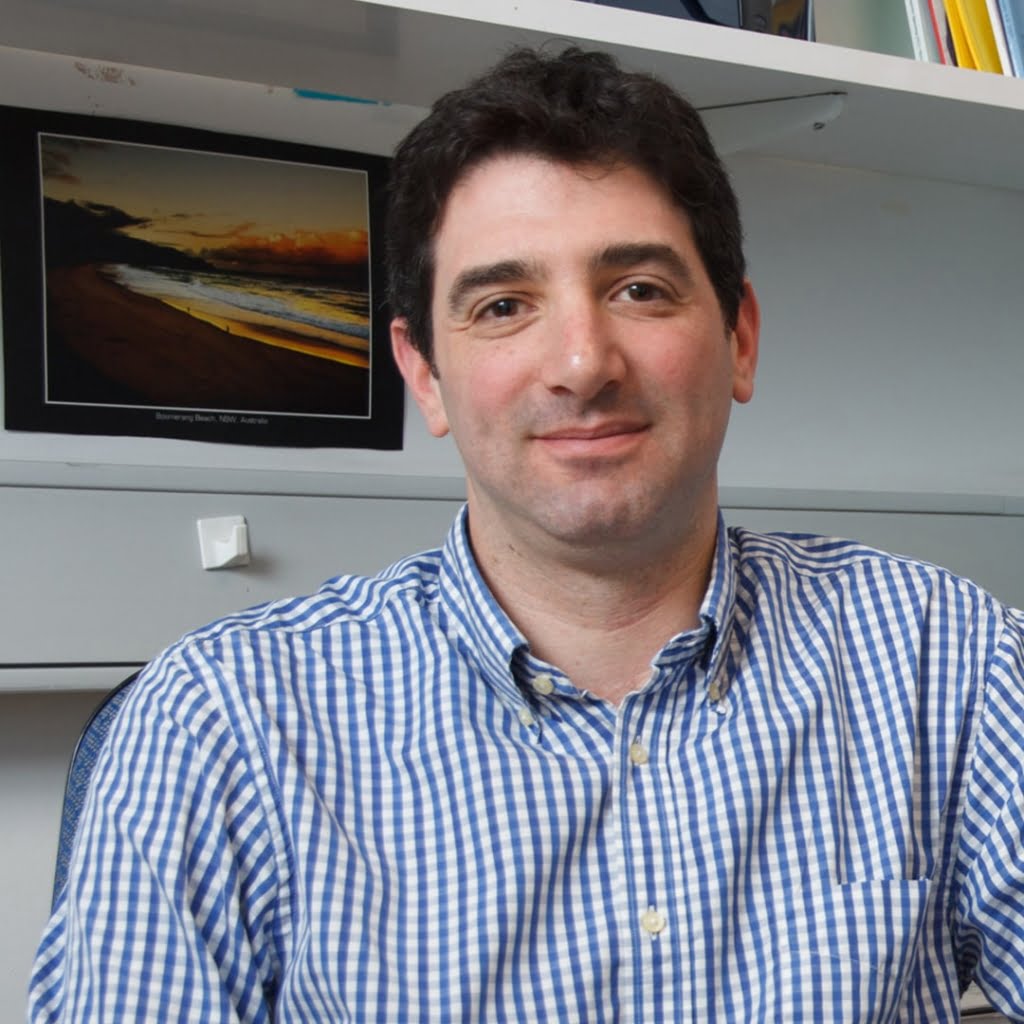We are always delighted to see our Fellows and former Fellows continuing with their ground-breaking research. Here we look at two papers that have been published recently by Melina Schuh and James Nathan, with implications for fertility treatment and cancer therapy.
Melina Schuh publishes a paper in Cell

In May this year, Melina Schuh published a new paper that builds on her group’s research to understand why only one-third of fertilisations lead to successful pregnancies. Most human embryos have an incorrect number of chromosomes. This error is a leading cause of miscarriage and infertility.
The paper reports on their development of a new model system for studying early embryonic development. The model uses live-cell microscopy to track how the parental genetic material combines in bovine embryos.
Using this model system, Melina’s lab and their co-authors at the Institute of Farm Animal Genetics found that errors often occur immediately after fertilisation, when the genetic material from each parent unites. They found that some parental chromosomes were ‘lost’ when they cluster together and prepare to combine. This appears to be caused by errors in the way the cytoskeleton and nuclear envelope control chromosome movement.
The findings could eventually help improve fertility treatment, by allowing labs to select the zygotes most likely to develop successfully.
The full paper, “Parental genome unification is highly error-prone in mammalian embryos”, is available online.
Melina was awarded the Lister Prize in 2014: “The Lister Institute has been incredibly supportive of our work on human reproduction,” says Melina. “I cannot thank them enough – they had a very positive impact on my career as a scientist.”
Two years after receiving the Lister Prize, Melina became a Director at the Max Planck Institute for Biophysical Chemistry. Here, she leads the Department of Meiosis on research to study how errors arise during the meiotic divisions of mammalian eggs. Defects in the egg are the most common cause of pregnancy loss and human aneuploidy conditions such as Down’s Syndrome. The long-term goal of Melina’s laboratory is to identify and analyse mechanisms that lead to abnormal eggs and pregnancy loss in mammals. They also explore the causes of age-related decline in female fertility.
You can read more about her team’s research on their website.
James Nathan publishes a paper in Nature Genetics

Dr James Nathan’s latest paper, published in June, offers new insights into how cells adapt to oxygen availability. The findings may have implications for cancer biology.
Entitled “The HIF complex recruits the histone methyltransferase SET1B to activate specific hypoxia-inducible genes”, James and his team report how they used CRISPR/Cas9 to screen human cells for genes involved in responding to oxygen availability.
Hypoxia-inducible transcription factors (HIFs) play a fundamental role in driving the cell’s response to low oxygen levels. The research team found that HIFs recruit a histone methyltransferase, SET1B, to activate target genes selectively and efficiently. They show that SET1B associates with chromatin, and is itself oxygen regulated, providing new insights into how oxygen levels control epigenetic marks.
“This study highlights how stress conditions, such as low oxygen, can impact on gene transcription and chromatin machinery in a number of important but distinct ways,” says James. “We hope that this work will help pave the way for novel approaches to target cancer growth.”
HIFs can promote the growth and spread of tumours and clinical trials to target this pathway are already showing benefit for treating kidney cancer. James and his colleagues found that depleting SET1B decreases tumour growth in kidney, lung, and cervical cancer metastases models without altering other aspects of the HIF response. Drugs targeting SET1B may therefore be a possible therapeutic approach to preventing cancer growth.
One of the co-authors of the paper, Sir Professor Peter Ratcliffe, was a former Governor of the Lister Institute. Another of the authors is Professor Patrick Maxwell, who was former Chair of the Scientific Advisory Committee.
James became a Lister Fellow in 2017, three years after establishing his first independent lab at the Cambridge Institute for Medical Research.
“The flexible nature of the Lister Fellowship was instrumental in allowing my group to establish these studies on oxygen sensing,” he says.
James is a Reader in Respiratory Medicine and Wellcome Senior Clinical Research Fellow at the Cambridge Institute of Therapeutic Immunology & Infectious Disease. His work explores how cells sense and respond to their oxygen and nutrient environments, and the implications for human diseases such as inflammatory disease and tumour growth.
You can read more about James’ research on his personal website.



